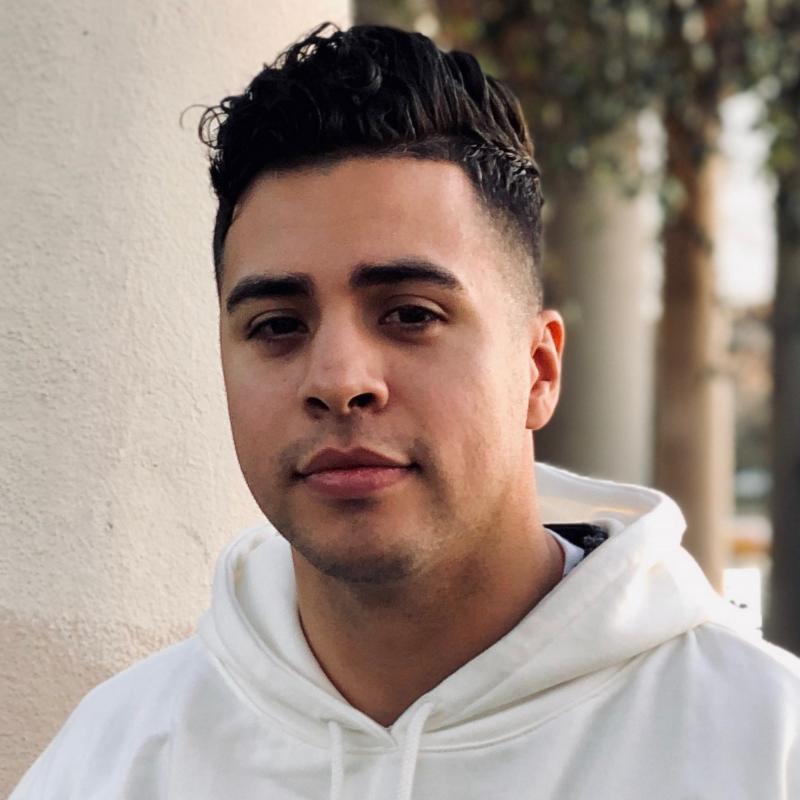Breadcrumb
Alexander Diaz (MPP 2014) spearheads the global crisis and humanitarian aid portfolio at Google.org, Google’s philanthropic arm.
Working across natural disasters, humanitarian crises and, most recently, the public health emergency resulting from COVID-19, he coordinates funding and technical support to respond to each stage of the disaster timeline. Alex manages a crisis connectivity team which provides critical technical support in the immediate aftermath of disasters; when Hurricane Dorian devastated the Bahamas in 2019, Alex sent teams into the field to install temporary WiFi in shelters, clinics and schools. As natural disasters become more frequent and more significant in size, disaster preparedness is an increasingly important aspect of his work – this ranges from improving disaster forecasting and alerts, to investing in resilient critical infrastructure.
“When disasters hit, a lot of the funding and support gets concentrated into the initial response. At Google, we’re uniquely positioned to be able to scan the horizon and see where our help is needed most – and this is often in long-term recovery or preparing for future disasters.”
Another segment of Alex’s work focuses on using Google’s data and technology expertise to move the humanitarian aid and development sector forward. One such project has seen Alex and his team working to improve forecasting and alerting for hazards in India, combining Google’s computational power and mapping capabilities with real-time water data from the Indian government. “We collaborated with the state to use Google products – such as Android and Maps – to send out flooding alerts from the government. In rural regions where people have no access to smartphones or the internet, we struck a partnership with the International Red Cross and Indian Red Cross Society to support community-based alerting systems and test which systems are most effective in prompting people to take action.”
In this same area of work, an ongoing project with GiveDirectly – a non-profit organisation which provides direct cash transfers as an intervention in both the development and humanitarian space – has seen Alex and his team develop a mapping tool that overlays publicly available data on the locations of the most socioeconomically vulnerable people with information from a given disaster that shows which areas have been hit hardest. This enables GiveDirectly to identify where their help is most urgently needed when disasters hit.
Since the beginning of the COVID-19 pandemic, Alex’s work has addressed diverse challenges – from providing funding and expertise to build the global.health database which tracks the spread of virus variants, to working with the Morehouse School of Medicine to create a public-facing data platform that shines a light on health inequity in the US.
Alex’s work spans multiple projects and partnerships, and covers all corners of the globe. He credits the Master of Public Policy (MPP) with giving him the international focus that now informs his work so deeply. With a strong sense of social justice, he is driven by a desire to “turn tightropes into walkways” to improve the lives of the world’s most vulnerable populations.
Alex was a Rhodes Scholar.
July 2021

